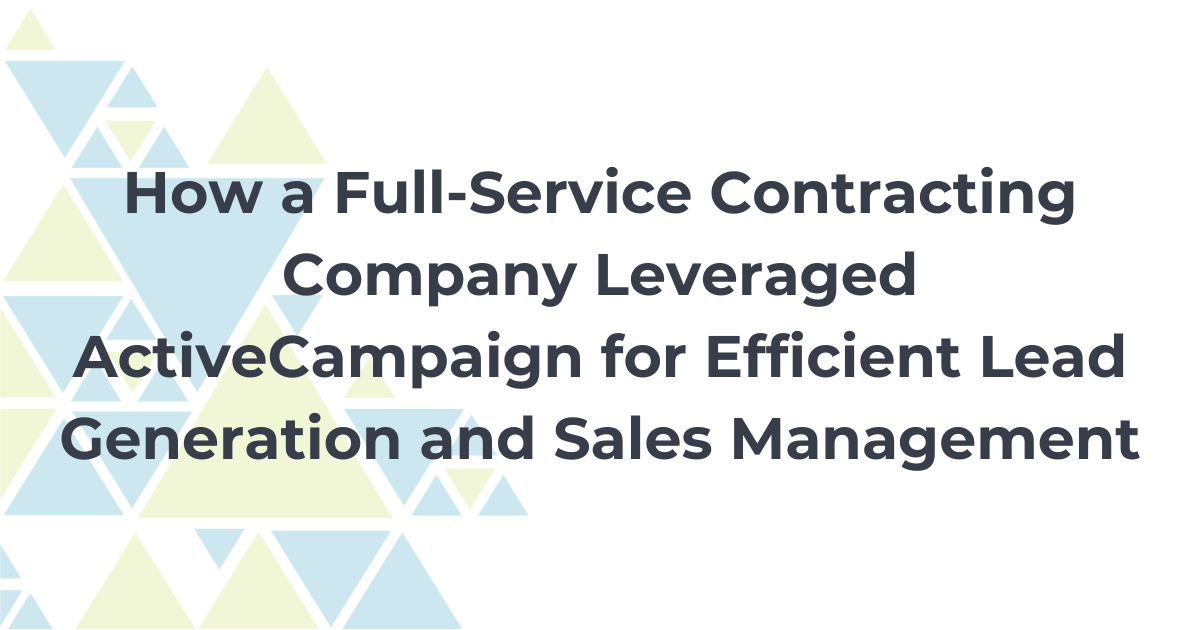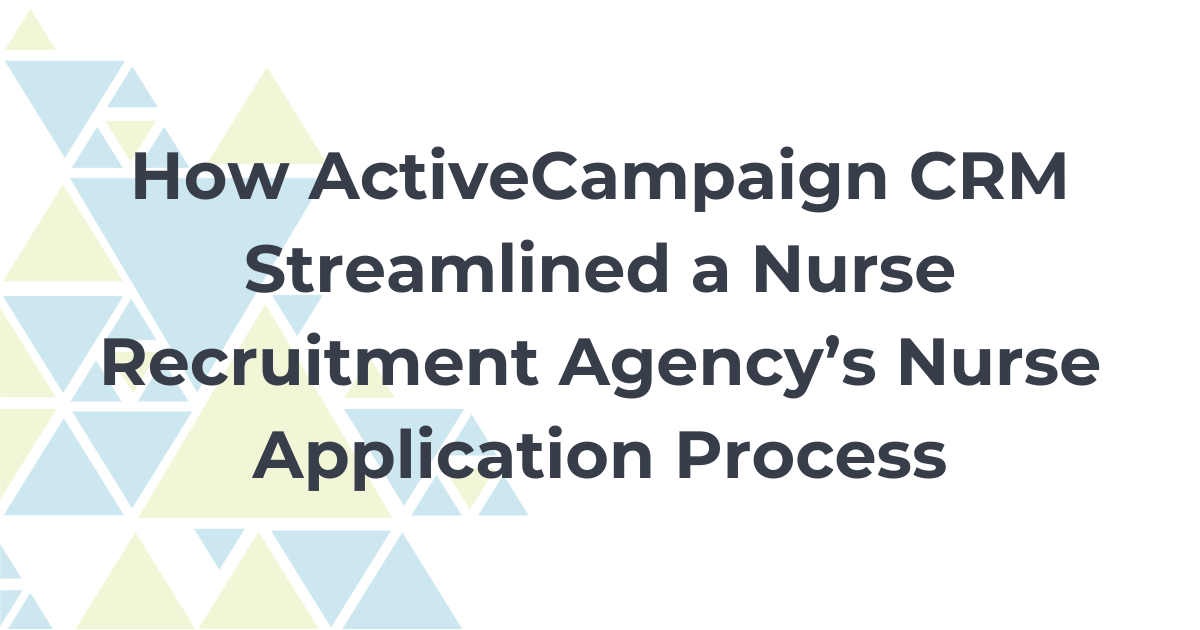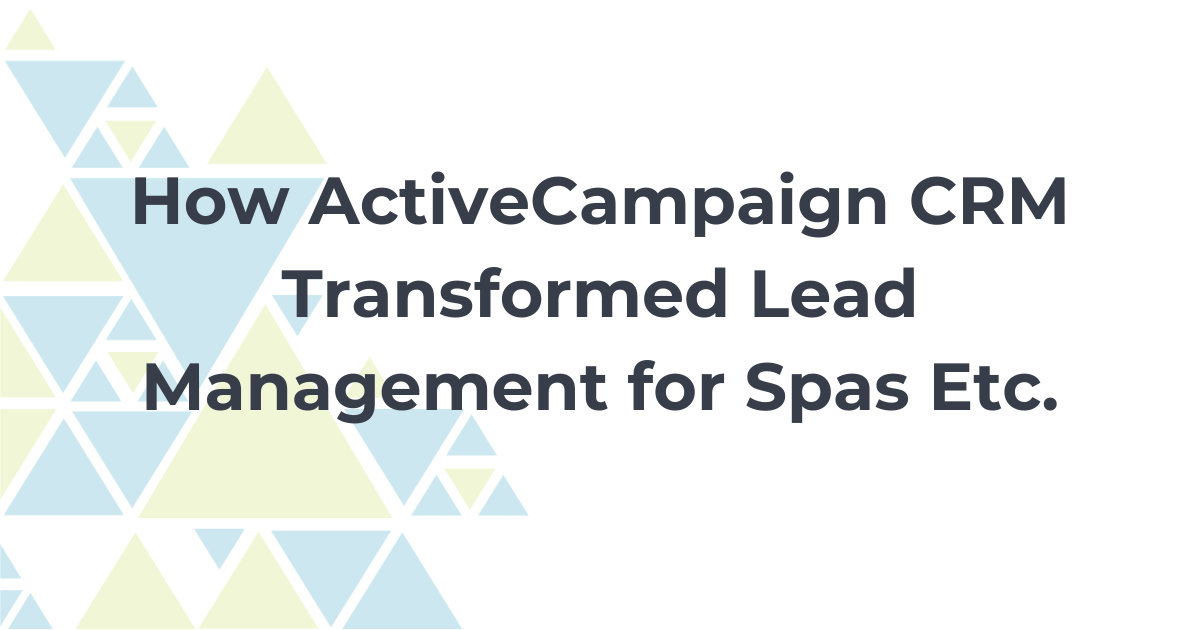When you’re creating an info product or course, you have to keep a lot of important things in mind including readiness. You may have the best idea in the world, but is your audience ready to learn it? And are you ready to teach it?
In this vlog post, you’ll learn the importance of self-awareness and how it can impact both yourself, your learners, and the success of your info product.
Lessons from the Mat
Back when I was a gymnastics coach, I came up with new ideas, drills, and methods to teach my kids skills all the time.
However, as a coach, it was very important for me to be able to gauge whether or not my gymnasts were actually ready to learn.
Sure, there was a physical element of preparedness, but there was also an emotional element as well. Were they ready to take on the new skills?
And then for me, I had to make sure that I was aware of how I taught them. Was I observing them correctly? Did I do enough work to gauge their readiness?
For example, there was always a kid or two that had fear of doing backward skills. So an athlete like that has to have a totally different progression to learn anything backward. You can also have a kid with amazing talent, but zero self-confidence. Those kinds of athletes had to be progressed differently.
Alternatively, you could have a kid that didn’t have as much physical talent but would work their ass off. And these athletes had to have yet another different progression.
So, as you can see, learning is not a one-size-fits-all strategy. Different people learn in different ways. If you create a product with only a single strategy, you will miss the opportunity to help more people.
Emotional readiness was so important for me as a coach and for my gymnasts. If one of my students wasn’t in the right headspace, this could not only mean she wouldn’t be able to learn, but she could possibly injure herself. If I didn’t catch that she wasn’t ready because I wasn’t in the right headspace, that could leave her just as vulnerable.
So how can you recognize the signs of emotional unreadiness in yourself and your learners?
Emotional readiness was so important for me as a coach and for my gymnasts. If one of my students wasn’t in the right headspace, this could not only mean she wouldn’t be able to learn, but she could possibly injure herself. If I didn’t catch that she wasn’t ready because I wasn’t in the right headspace, that could leave her just as vulnerable.
Emotional Unreadiness: The Signs
You may have done all the research, planning, testing, and piloting for your info product, but if you or your learners aren’t emotionally ready for it–and you’re unaware of this unreadiness–then you and your learners will have a tough time teaching and learning, respectively.
Emotional unreadiness can show up it a few different ways:
- Stress
- Anxiety
- Feeling overwhelmed
- Fatigue
- Being “checked out” or burned out
You may try to power through or ignore these signs in yourself or with your learners, but what can really help is having a great sense of self-awareness first, before you reach burn out and lose learners or provide suboptimal instruction.
Self-Awareness and Self-Deception–A Slippery Slope
What you’re probably starting to see that there are different intelligences at play when we talk about learning and teaching. When it comes to emotional readiness, what needed here is emotional intelligence.
Here’s how the Institute for Health and Human Potential defines emotional intelligence:
In practical terms, [emotional intelligence] means being aware that emotions can drive our behavior and impact people (positively and negatively), and learning how to manage those emotions – both our own and others – especially when we are under pressure.
In practical terms, [emotional intelligence] means being aware that emotions can drive our behavior and impact people (positively and negatively), and learning how to manage those emotions – both our own and others – especially when we are under pressure.
Psychology Daniel Goleman, the author of the groundbreaking book, Emotional Intelligence, believes that self-awareness is the key cornerstone to emotional intelligence.
So what is self-awareness, exactly?
It’s how we see ourselves versus how other people see us. Goleman defines it as “knowing one’s internal states, preferences, resources, and intuitions.”
So you can imagine how having a greater sense of self-awareness can be helpful in many areas of your life. If you’re able to understand how you’re feeling and what you’re thinking in the present moment, then you’re better able to know what you can and cannot do–and that includes teaching and learning.
That doesn’t mean it can be easy to do. How many of us have our heads in a million different places? Many times, in our busy lives, we’re running on automatic. And that can be really detrimental to the success of your students as they engage with your info product.
The New England Journal of Higher Education lays out what an adult learner needs to be a self-aware learner.
Sharon Merriman of the University of Georgia, Athens, has described the self-aware adult learner as one who:
- has an independent self-concept;
- can direct their own learning;
- has accumulated a reservoir of life experiences that can be a resource;
- has learning needs closely related to changing social roles;
- is problem-centered and interested in the immediate application of knowledge; and
- is internally motivated, rather than externally, to learn.
If learners don’t have these skills of self-awareness, then they can easily slip into self-deception.
How this can look like is that a student could convince themselves to be ready for your course, even though he is not. He could have too much on his plate with work or home responsibilities. Or, he could just not be in the mindset for learning about this particular topic.
Whatever the reason, he decides to push himself through it, maybe gets annoyed with the feedback given to him in the course, and doesn’t end up being successful (e.g., drops the course or finishes but seems to have learned very little). And then, he ends up blaming you for the course being too hard or too time-consuming. Or, he may think he wasn’t smart enough to take the course as soon as the first sign of a struggle came up for him.
The learner didn’t want to give up even though he was clearly not emotionally ready for the course. He pushed his feelings into the background until they came roaring back until it was too late to turn the ship around in the right direction. It ends up being a waste of time for him and for you as an instructor.
As an instructor, remember that you are also capable of self-deception You may think you have time to teach this course, or that you’re fully prepared. Your mind might be entirely focused on launching your info product and just making it through the whole process.
But, as the course goes on, you may have been ignoring the feedback of your learners who all seem to be struggling. Or, you may not have solicited any feedback at all. You may think everything is just dandy and then the course ends up being unsuccessful for everyone, including yourself.
You may have never been open to admitting to yourself that your info product needed some work….
Or that your audience wasn’t ready to embark on the new adventure of learning you had planned for them…
Or that you weren’t ready to teach the information that you had prepared.
The only way you can be vigilant against self-deception is to assess the self-awareness of your learners while continually assessing and developing your own self-awareness. We have to give as well as receive timely feedback on how the course is going for our students and how we are as course creators and instructors.
The only way you can be vigilant against self-deception is to assess the self-awareness of your learners while continually assessing and developing your own self-awareness.
The Right People for the Right Course
We want the right people to take our course. It’s not going to be right for everyone–and that’s OK!
By pre-qualifying people during the sales and marketing process, we can be more optimistic about their overall success in completing the program.
Then during the course, we should be doing continually assessment of how our learners are doing. We should also make sure that learners know what to expect from our courses from the beginning while providing guidance and support along the way.
And this isn’t about blaming our audience for their lack of success or effort when it becomes clear that this wasn’t the right time for them to take your course, or it wasn’t the right course for them. We want to prepare our learners for success, and we want to find the right learners for our courses. We also need to be sure that we’re also prepared ourselves to teach the information that we’ve taken so much time and effort to develop into an info product.
question
So how about you? Have you ever tried to push through something that you weren’t emotionally ready for? When did you realize that you weren’t really ready and how did you handle it? I’d love to hear your experiences in the comments below.



